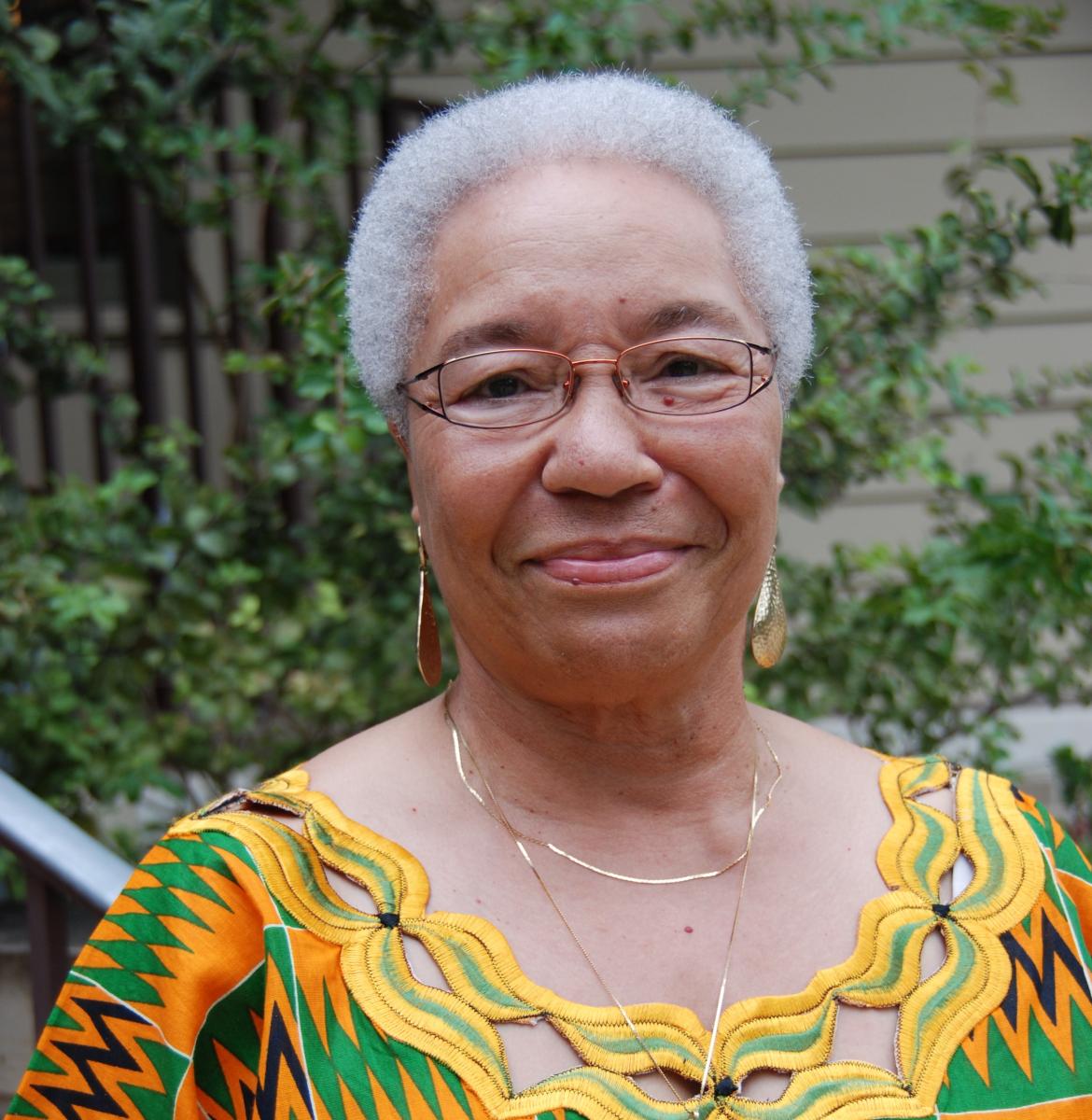
Mrs. Ora Houston is a member of St. James Episcopal Church, Austin, serves on the Black History Month planning committee at Seminary of the Southwest, and is president of the Myra McDaniel Chapter of the Union of Black Episcopalians.
WOW! Can you really believe that 50 years ago the federal government had to enact laws to give equal rights to people who were born in the United States of America? These are the same rights that another group of Americans have had since the signing of the Constitution and the Bill of Rights. Sadly, others were denied those basic rights because of their ancestry – until 50 years ago.
Fifty years ago, laws were enacted to ensure that all Americans could use public accommodations and attend schools. The laws also enabled people to register to vote, and actually vote, without fear of intimidation or worse. These laws gave people legal recourse against other forms of discrimination.
Prior to the passage of the Civil Rights Act, I lived, played, worshiped and went to school in the ‘Negro District’ created by the 1929 Comprehensive Plan in Austin. The neighborhood was a wonderful place. An excellent (though severely under funded) educational system formed me and others who have given back and continue to give back to their community and the nation. Role models lived in the neighborhood. There was hope and transformation.
St. James’ Episcopal Church was in that neighborhood. It was organized December 7, 1941 as a mission for Negroes because 16 faithful people were not welcomed in local Episcopal Churches.
In February 1968 (four years after the signing of the Civil Rights Act), Rt. Rev. Milton Richardson said in his address to Council:
“It is important that we realize that the racial crisis is real and not a passing disorder stirred up by a few agitators and magnified by the press. The griev[a]nces fomenting the unrest are, in the main, just. Poverty in the midst of plenty, inferior education, as the horizons of knowledge expand explosively, failure of justice, and unequal opportunity have brought the residents of urban centers to the point of revolt.”
Sound familiar? Things improved because of federal action – but not much has changed. Austin continues to be segregated by ancestry and class as does the Episcopal Church with whom I have a love/hate relationship.
There is hope and transformation. My greatest joy was representing the people of this Diocese at the General Convention when Bishop Katharine was elected Presiding Bishop. However, my greatest sadness is that many congregations in the Diocese and some institutions have a difficult time including people from different ancestries at the table.
The time is long past for Austin and the Diocese to have honest conversations with people from different backgrounds about how to give God’s children a sense of hope, place and safety wherever they choose to live and worship.
Transformation occurs when we who are children of God gather in honest conversations about the issues Bishop Richardson enumerated. Only then will we be transformed into the people and Church that God envisions.
Shalom

